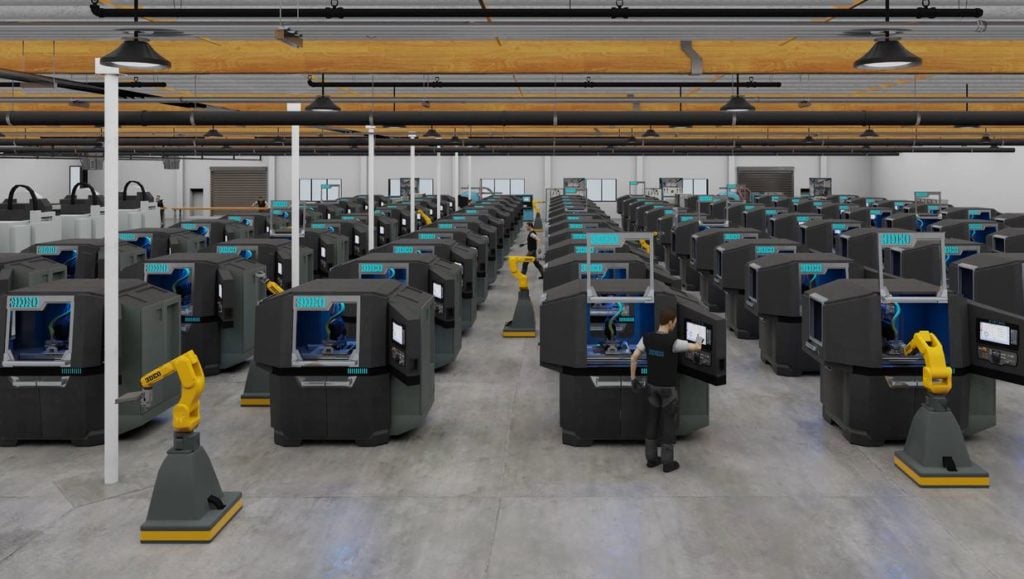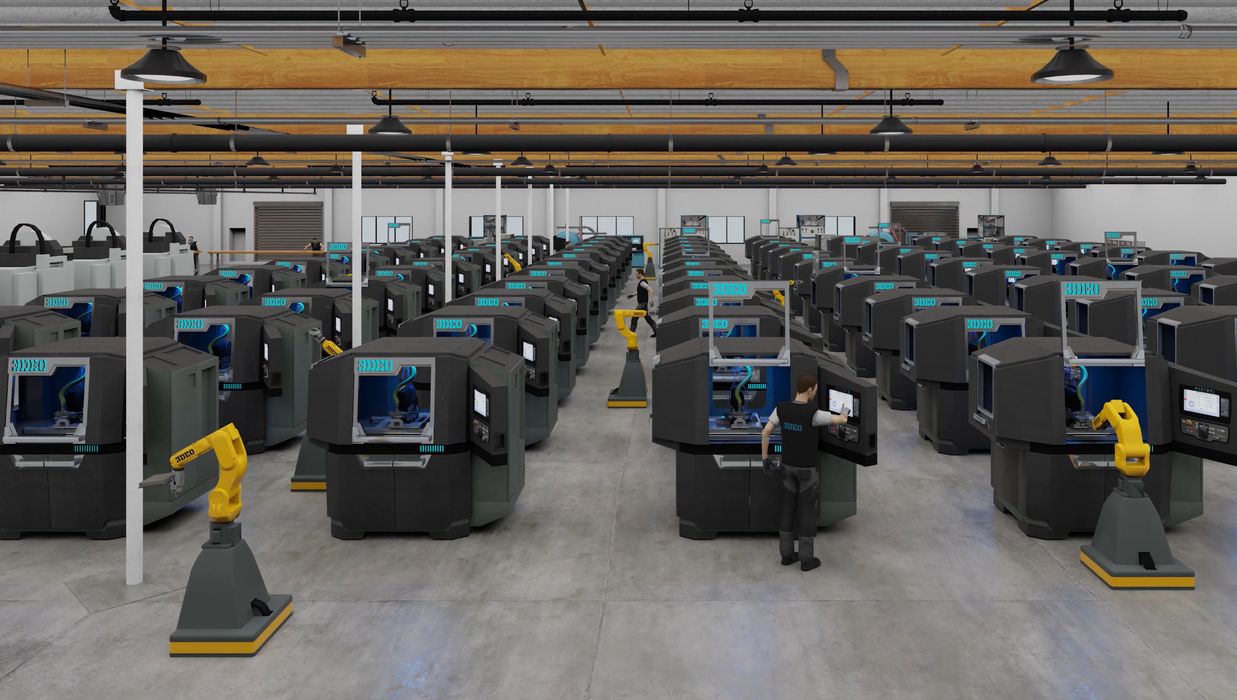
3DEO added a new service: DfM / DfAM.
Los Angeles-based 3DEO is one of the most unique players in the 3D print industry. Years ago developed a highly scalable metal 3D printing process that provides quality small parts at very reasonable costs.
Quite surprisingly, they didn’t sell the system. At that time the game was to cook up a new process, build it into a 3D printing system, and then sell as many systems as possible.
3DEO took a very different approach and instead operated the machines internally, and offered manufacturing services to clients. Essentially, they were cutting out several middle layers and took the tech right to the customer that requires parts.
Their approach was highly unusual, but as we’ve seen in succeeding years, it has become very popular among 3D print startups. Now several companies have adopted the same structure.
Now 3DEO has tweaked their process in a rather fundamental way: they’ve added DfM / DfAM services to their portfolio.
“DfM / DfAM” are acronyms for Design For Manufacturing and Design for Additive Manufacturing. These are new disciplines among engineers and product designers, and are still quite rare. To date most designers have been trained using material that silently assumes the constraints of traditional manufacturing equipment. For example, parts must have draft angles to allow for mold release, or internal voids must be solid, etc.
Those constraints don’t exist in the 3D print world, where the potential geometries are essentially unlimited.
To break that traditional design training, designers have to adopt DfAM, which is a new set of design practices that truly open up designs to fully leverage 3D print technology’s potential.
3DEO now offers this type of design consulting for their clients.
I have a suspicion as to why this came about.
As a unique manufacturing service, 3DEO was inevitably the recipient of requests to build countless poor designs that didn’t leverage 3D printing, or were otherwise not manufacturable.
Think about it: if the customers were manufacturers and knew how to put together the designs, they’d likely be making the parts themselves and not requiring a manufacturing service. By definition many 3DEO clients would come forward with designs requiring tweaks to make them printable or manufacturable at scale.
Without such DfAM services, 3DEO probably sent these requestors back to the drawing board, where they would have to contract their own DfAM specialists to do the design tweaks. That’s not the greatest way to retain clients, as some might go elsewhere.
By offering integrated DfAM services, 3DEO will now be able to work directly with the requestors to ensure their designs are proper for AM and scale, without risking loss of the client. It will also provide a far smoother and more rapid experience for the client.
This is a terrific move by 3DEO, and one that other parties pursuing the manufacturing service business model might consider adopting.
Via 3DEO

